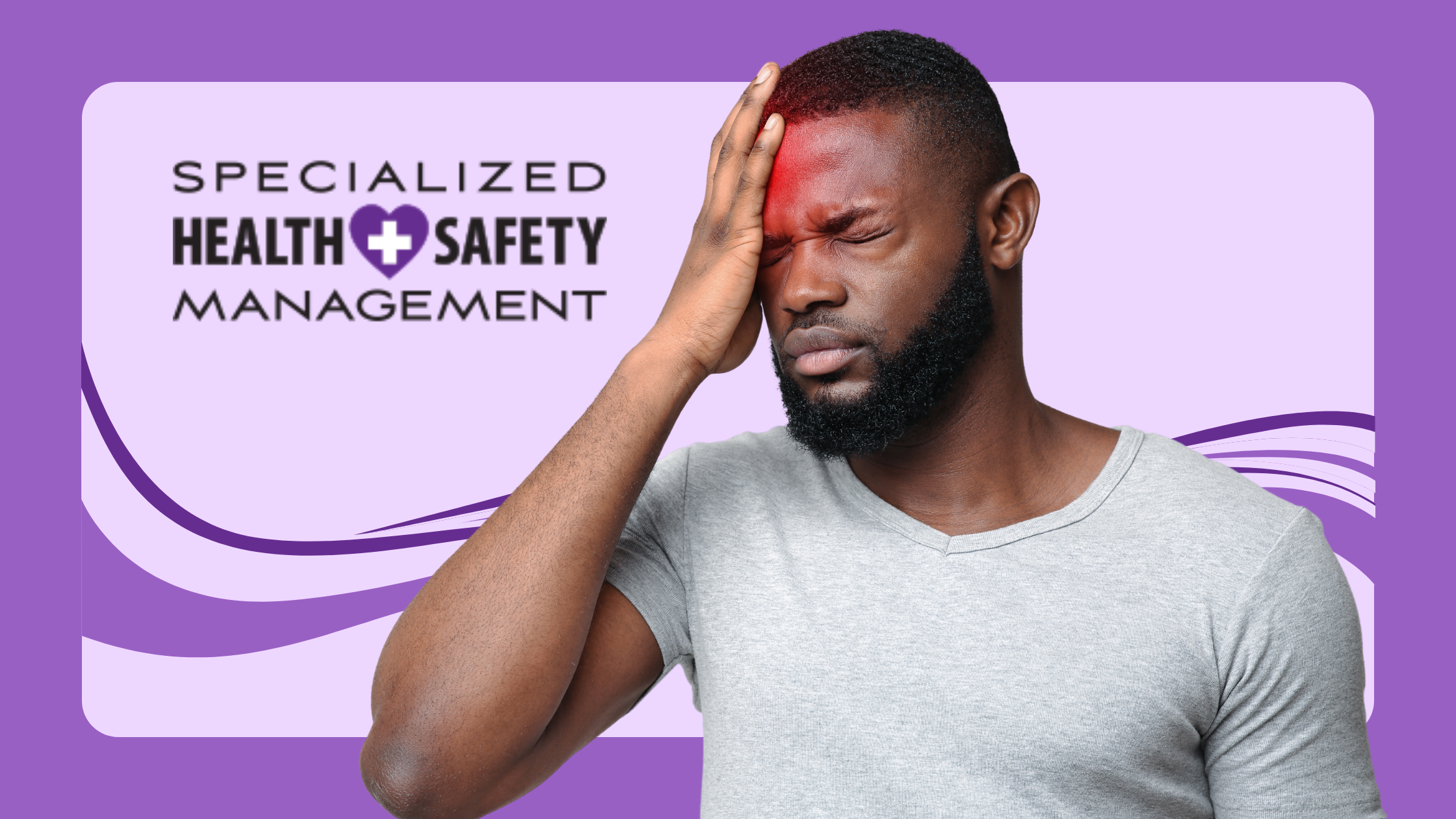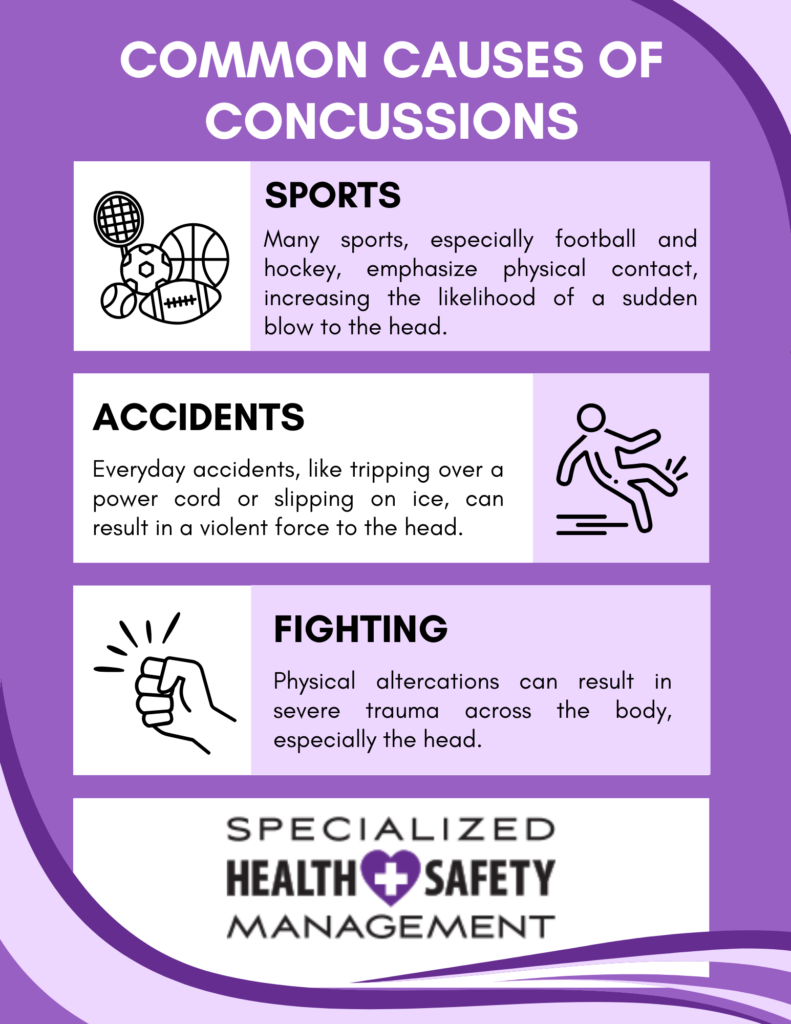
Concussions are a type of Traumatic Brain Injury (TBI) caused by a sudden blow or application of force to the head. Concussions usually aren’t life-threatening, and symptoms usually dissipate within a month. In certain situations, though, concussions can be serious and require immediate treatment to avoid long-term health complications, including structural brain damage.
Being able to recognize and treat a concussion immediately after an injury can help victims receive professional medical care faster and minimize the risk of further health problems.

Recognizing Concussion Symptoms: A Comprehensive Overview
The first step to treating a concussion is recognizing one in the moment. Concussions usually result from sudden strikes to the head, such as from a punch or jab. However, not all blows to the head will cause a concussion, and not all concussions have immediately apparent symptoms. Understanding both the obvious and subtle symptoms of concussions can be the difference between getting someone treatment and opening them up to further injury down the road.
Headache
One of the most common and immediate concussion symptoms is a persistent headache, ranging from a dull pain to a strong throbbing.
Confusion
People with a concussion may experience cognitive difficulties, including dizziness, confusion, uncharacteristically long dazes, memory lapses, and an overall mental fog.
Nausea and Vomiting
After a concussion, some people may experience nausea and vomiting. This is neurological and a “normal” brain response to trauma.
Sensitivity to Light and Noise
Another common sign of a concussion is intensified sensitivity to light, known as photophobia, and to sound, called phonophobia.
Changes in Sleep Patterns
Concussions can greatly affect an individual’s sleep patterns. People with a concussion might have trouble falling or staying asleep, or they may sleep more or less than normal.
Mood Changes
People with concussions may experience mood swings, including spontaneous irritability, moodiness, nervousness, and depression. These changes result from disruptions in the brain that control a person’s emotions.
Slurred Speech or Difficulty Speaking
Concussions throw the brain into disarray and can interfere with an individual’s communication skills and vocal expression. Those who have recently experienced a concussion might speak more slowly or quickly than normal and have consistent difficulty communicating their thoughts.
Loss of Consciousness
While concussions can certainly lead to a loss of consciousness, a person can sustain a concussion without passing out. Rarely, people experiencing a severe concussion may black out or faint.
If you suspect you or someone you know is suffering from a concussion, don’t wait to get treatment. Healthcare professionals are trained to identify concussions and administer treatment to help the brain heal.
Concussion Treatment: Rest and Recovery
Once you’ve received a concussion diagnosis, the focus shifts to recovery. Standard concussion treatments include both physical and mental rest, as well as proper nutrition.
Supporting the Healing Process Through Nutrition
When recovering from a concussion, good hydration is essential. Healthcare professionals recommend those recovering from a concussion drink at least 60 ounces of water a day.
Studies have shown that after a concussion, the body undergoes a process called “oxidative stress,” during which brain cells can die due to a lack of antioxidants. People recovering from a concussion should maintain a diet high in antioxidants to counteract the negative effects of oxidative stress. Some studies have also drawn a link between concussion recovery and omega-3s, which can be found in fruits and vegetables, fish, walnuts, and flaxseeds.
Incorporating Exercise
In conjunction with healthcare provider approval, light exercise is an effective element in concussion recovery. Simple, low-impact activities, such as walking, gardening, or yoga are believed to help support the concussion recovery process as well as overall well-being.
Enhance Your Concussion Understanding with Our Tailored Educational Programs
Specialized Health and Safety provides tailored educational programs for both businesses and individuals, teaching essential life-saving skills that emphasize a balanced and informative approach. All of our instructors are certified by the American Heart Association and follow AHA-approved curriculum.

